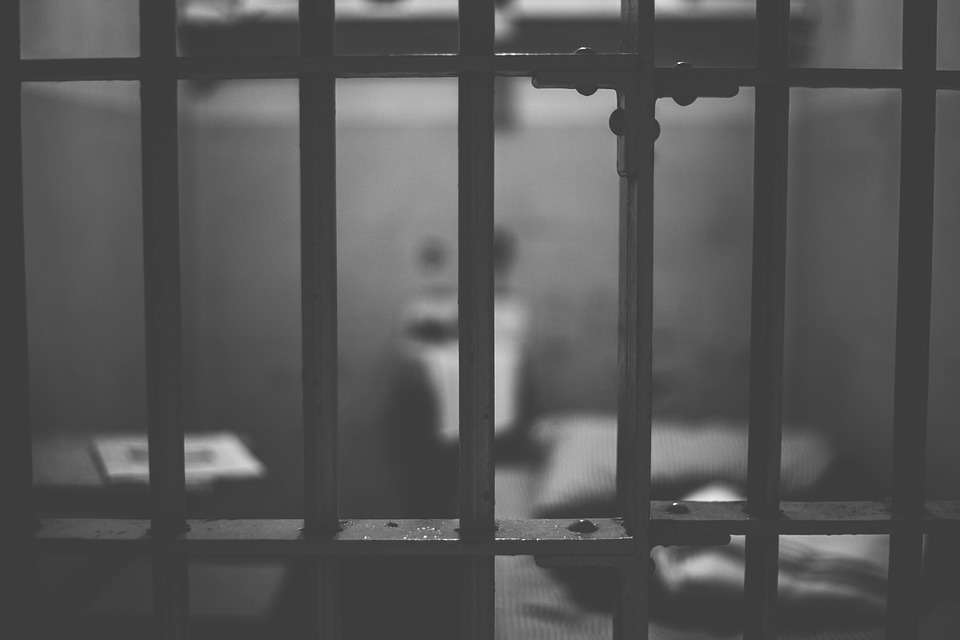JACKSONVILLE, Fla. (AP) — The Florida Attorney General’s office announced Saturday that it was wrong to deny reparations to a Jacksonville man who was wrongfully convicted of murder.
According to the Times-Union, the AG’s Department of Legal Affairs sent a letter granting a petition to compensate Nathan Myers, who spent 43 years in prison for a murder Jacksonville prosecutors said he didn’t commit. The paper reports the state should now pay Myers $2 million, the maximum allowed under the state’s Victims of Wrongful Incarceration Act, for his more than four decades behind bars.
“The DLA cannot second-guess decisions made by courts,” general counsel Richard H. Martin wrote. ”… As the statute does not permit the DLA to reject an application due to procedural or evidentiary concerns with a court finding, the DLA will inform the Chief Financial Officer that the application meets the requirements of the statute and is complete.”
A judge in 2019 granted Myers’ petition for reparations for his prison time, but last month, the Office of Attorney General vetoed that court order.
“I can’t stay down. I can’t sit down now,” Myers told the Times-Union and First Coast News hours after he heard about the reversal on Saturday. “God is good all the time. I tell people, once God gives you something, nobody can take it away.”
Myers was a teenager when he was arrested in 1976 and is now 62. He said he wanted to care for his wife, who married him while he was still in prison.
The attorney general’s office’s reversal came after stories in The Florida Times-Union and First Coast News sparked outrage against the Office of Attorney General.
On March 28 last year, Myers and his uncle Clifford Williams both had their convictions overturned related to the murder of Jeanette Williams and the attempted murder of Nina Marshall.
The wrongful convictions were overturned after a year-long investigation from the Jacksonville State Attorney’s Office conviction integrity review unit found significant problems with the original case, including dozens of alibi witnesses and forensic evidence that would have shattered the original case. Ballistics evidence showed the shooting couldn’t have happened the way the sole eyewitness said it did. Four witnesses said a different person confessed, and evidence connected that person to the scene.
Unlike Myers, his uncle Williams didn’t qualify for the Victims of Wrongful Incarceration Act because of two past convictions, but a claim bill has been moving forward in the Florida Senate and Florida House that would grant him about $2 million.
Myers now lives in Orlando with his wife. He said he won’t celebrate until he actually receives the money.
“Once that money lands in my bank, that’ll be the time to celebrate, because that’s how I know it’s real.”
“Thanks to God —” he said, “and my lawyers.”
Copyright 2024 The Associated Press. All rights reserved. This material may not be published, broadcast, rewritten or redistributed.

